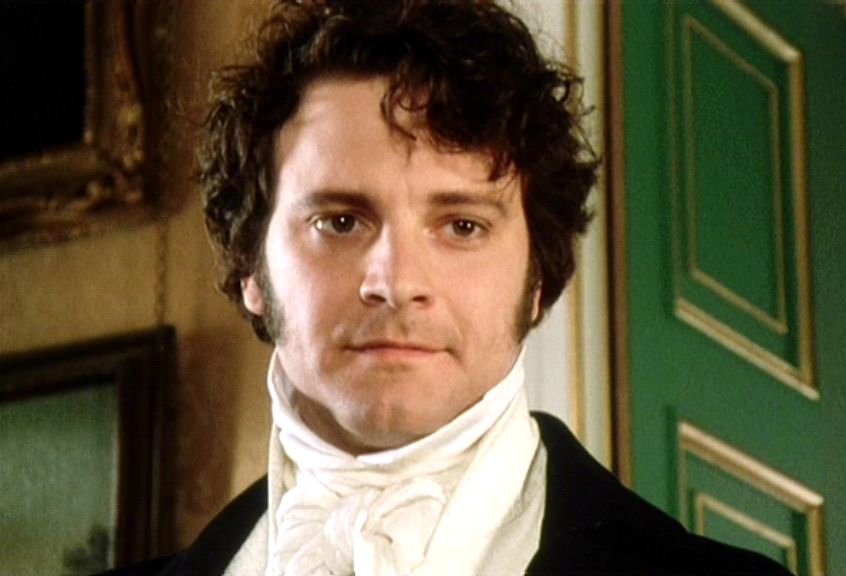 |
| AKA Mr. Baldwin |
So last night the entire fam sat down to watch The King's Speech, which, apart from wondering if I will now hear my eight-year-old's stuffed animals spouting strings of British curses, was enjoyed by all. It was the second time through for the hub and me, which meant I was able to tear my eyes from Colin Firth and notice the actor playing Mr. Baldwin. "Who?" you ask. Doesn't matter. Another character in the movie. Sink me if that wasn't Anthony Andrews! "Who?" you ask again, growing impatient. Allow me to explain.
In 6th grade, Ivanhoe aired on network television and created a sensation among us pre-adolescent girls unrivaled by anyone or anything since the bygone days of Leif Garrett or Shaun Cassidy. Sir Wilfred of Ivanhoe! Despite his wretched first name and unfathomable attachment to the insipid Rowena, he set our hearts beating and we talked of little else for days.
In a fit of fandom, I bought a copy of Sir Walter Scott's masterpiece and prepared to time travel to the age of chivalry, Anthony Andrews, and Olivia Hussey once more. Finding a cozy corner where I wouldn't be interrupted, I held my breath and plunged in!
Only to bog down in the dullest, slowest opening to a novel that I'd encountered in my twelve years. Good heavens! Some wandering pilgrim and some yokel meeting in the road and talking and talking and--yawn!--talking. (Think opening of The Girl with the Dragon Tattoo, only not quite that awful.) Had my 40+-year-old self met such a beginning, I would have cast the book aside by page fifteen, but as it was, I slogged away. After all, hadn't my beloved Betsy Ray from my beloved Betsy-Tacy series adored Ivanhoe? (And hadn't her classmates all hated it?)
Perseverance paid off. The book is a thrill. Still one of my favorites which I re-read occasionally, after skimming the first twenty pages. And I've put the 1982 production in the Netflix queue, to see how well it's held up.
 As for Anthony Andrews, he went from triumph to triumph. 1982 also saw the airing of The Scarlet Pimpernel, based on a novel by Baroness Orczy. Sink me, if I didn't run right out and read that book, too. Anthony Andrews could have sold my 6th-grade self anything. Had the man starred in War and Peace, that novel would not still be languishing on my to-read list.
As for Anthony Andrews, he went from triumph to triumph. 1982 also saw the airing of The Scarlet Pimpernel, based on a novel by Baroness Orczy. Sink me, if I didn't run right out and read that book, too. Anthony Andrews could have sold my 6th-grade self anything. Had the man starred in War and Peace, that novel would not still be languishing on my to-read list.
True fans climb every mountain. After all, what is my upcoming novel The Beresfords except fan fiction, of sorts? I read my first Jane Austen in high school (P&P, of course) and Mansfield Park when I was twenty or so. Nowadays, if you love something, you not only read the book and buy the action figures, you start a fake Twitter account and write spin-offs. It's all good.
I'd love to hear from some of you. Anything inspire you to "read the book" when you were younger? How about more recently?







